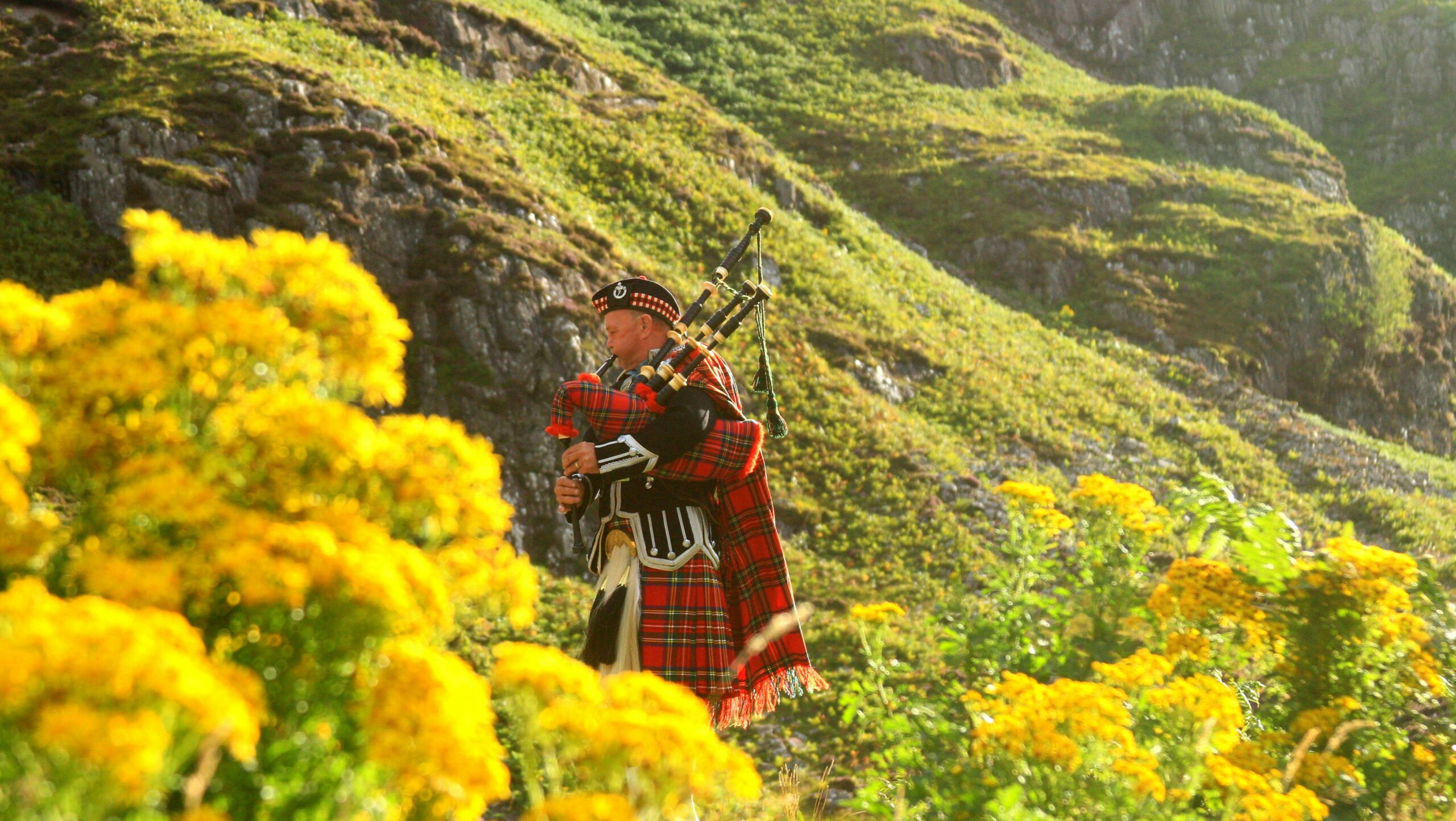Climate Crisis AM Edition 1.23.24 Scotland’s Green Problem

Scotland is not pulling its weight to lower greenhouse gas emissions. Burning its “peatland” releases unusually high carbon dioxide levels stored in the decaying plant matter. According to a new study, the volume of peat burning has not changed since the 1980s. The reason for this process of burning is to allow new plant growth. This, in turn, draws grouse and increases food available for livestock. The Conversation reports, “Scotland contains 7% of Europe’s peatlands and their sustainable management is of global importance.” This is yet another example of how local activity adds to the negative effects of climate change.
A new poll looks at climate change and Americans.
Are climate changes making winter hotter or colder? People in the US would answer “colder” based on the freezing temperatures triggered by changes in the Polar Vortex. Some residents of India would disagree. In the state of Himachal Pradesh, India, drought has caused wildfires. Warm air has undermined the usually large amounts of snow the area gets in its mountains. The Deccan Daily reports,” It has been a dry winter in most places with an unusually high rain deficit.”
FEMA Raises Climate Budget
FEMA will increase its annual payouts due to climate change. It expects these to increase by $512 million a year, based on a report posted in the Federal Register. Because climate disasters have worsened and affected so many people, the agency wrote: “The Federal Emergency Management Agency (FEMA) is publishing this interim final rule (IFR) amending its regulations governing the Individual Assistance program to increase equity by simplifying processes, removing barriers to entry, and increasing eligibility for certain types of assistance under the program.” It is an admission by the federal government that as the climate crisis surges, aid will need to increase.
There will be a “Doomsday Clock” update today. According to David Callaway, “The annual update of the Doomsday Clock by the Bulletin of Atomic Scientists is set for Tuesday, with the clock currently set at 90 seconds to midnight, the closest it’s been yet to global catastrophe. Scientists from the bulletin, which was founded by Albert Einstein and one of whose first leaders was Robert Oppenheimer, have begun to incorporate climate change more into their primary concerns in recent years, along with new types of technology such as AI.”
More from ClimateCrisis 247
- Climate Fake News Penalties May Cost Billions
- Private Jet Emissions The Same As 177 Cars
- Fight To Save Climate Is Falling Apart
- Bottle Caps Spread Microplastics To Humans






